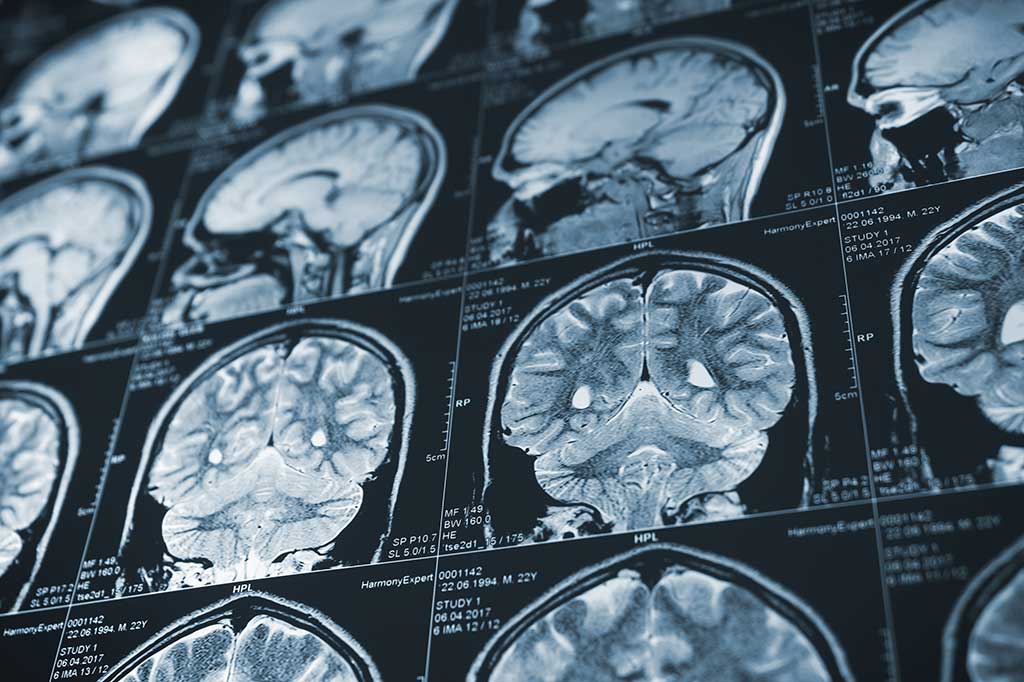Dementia is a perplexing disease that impairs communication, understanding, and memory. The perplexity arises not just from the illness itself, but also from how people see it. When your loved one in their senior years is diagnosed with dementia, one of the most important things family members can do is educate themselves on the disease. It is important for us to develop a clearer understanding of this condition, so that the condition can be managed effectively with minimal mistakes. Here is a detailed list of five persistent dementia myths that we at Discovery Commons South Biscayne would like to debunk.
Dementia Cannot Be Avoided
Dementia is sometimes misunderstood as a normal aspect of aging. Although dementia is more common in senior adults, it has been diagnosed in persons as young as their 30s. Certain factors, such as a nervous system disease or a brain injury, might raise a person’s chances of being diagnosed with dementia, but there are also things people can do to reduce their risk. Eating healthily, exercising, and remaining intellectually engaged with puzzles, crosswords, educational programs, and art classes, for example, can drastically lower a person’s risk.
Dementia Affects Only the Diagnosed Patient
Dementia, according to authority figures in the medical field, is characterized by severe interference with daily tasks. Family members of aging individuals with dementia are profoundly affected by symptoms such as difficulties reasoning and performing activities, as well as challenges with motor control. Caring for a loved one with dementia is frequently a collaborative effort involving the doctor, family members, and a caregiver who can supervise daily activities.
There Is a Cure for Dementia
Unfortunately, dementia is a brain disease for which there is no treatment at this current stage. This disease is characterized by the degeneration of brain cells, which is presently unabated by medicine or other types of biotechnology. Only powerful prescription medicines, such as cholinesterase inhibitors, can alleviate the symptoms of dementia. Doctors treat dementia using medicines that alleviate anxiety, sadness, and other emotional problems associated with the illness, in addition to addressing cognitive symptoms. Supplements, exercise, and mental stimulation can all help to halt dementia’s course.
Dementia Will Result in Violence
Dementia patients are frequently misunderstood and agitated, leading to the assumption that they are aggressive. Although some dementia patients can have violent outbursts, these occurrences are considerably less common than most people believe. By being patient, using effective communication methods, and attempting to identify the root of the agitation, family members and dementia caregivers can effectively help seniors who are in a state of agitation.
It Is Beneficial to Police and Correct a Dementia Patient
At first, seeing someone with dementia tell compelling stories about events that clearly did not occur or offer blatantly erroneous facts may be highly annoying or even unpleasant, but it would be beneficial for you to avoid the impulse to correct your senior loved one. Correcting someone with dementia might cause more damage than good by increasing bewilderment, creating sadness, or causing violent actions.







